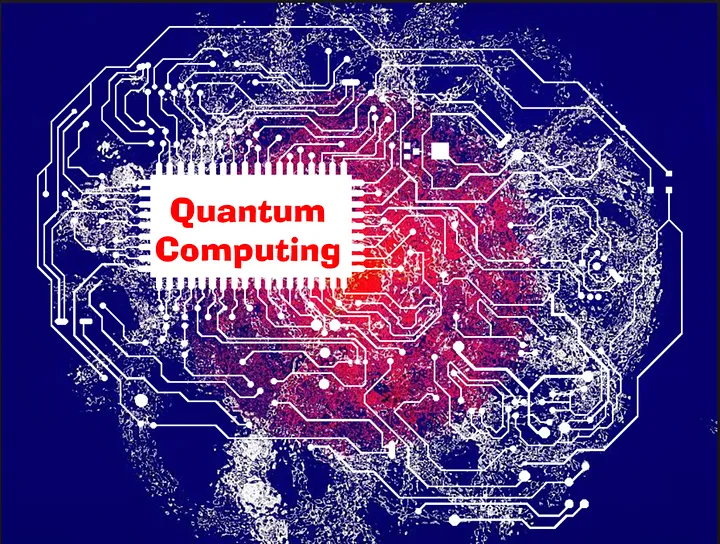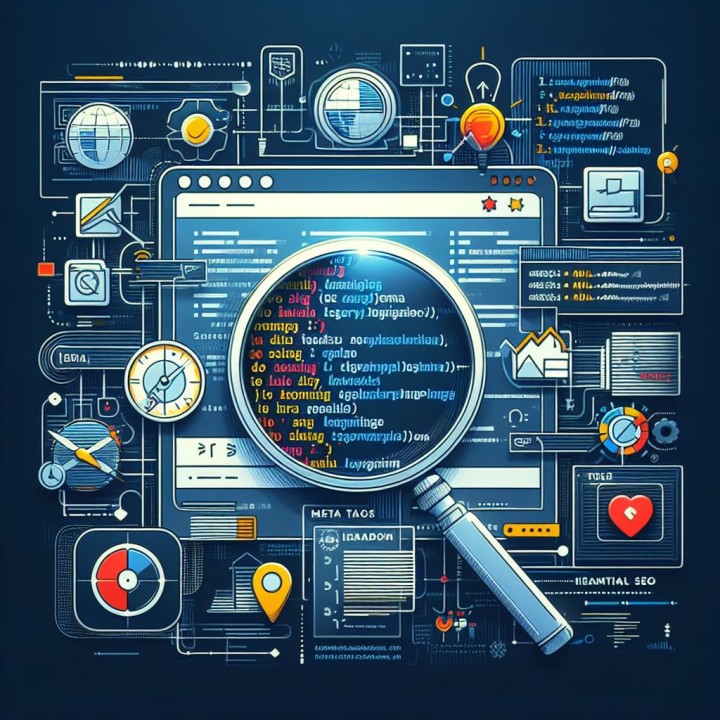The Quantum Leap
Quantum computing is poised to revolutionize various industries by solving complex problems beyond the reach of classical computers. At SparkScribe Technologies, we are excited about the potential of quantum computing and its implications for the future. In this blog post, we’ll delve into the fundamentals of quantum computing, its potential applications, key players, and the future landscape.
What is Quantum Computing?
Quantum computing leverages the principles of quantum mechanics to process information in fundamentally different ways than classical computing. While classical computers use bits as the smallest unit of information (0 or 1), quantum computers use quantum bits, or qubits, which can exist in multiple states simultaneously (superposition).
Key Concepts in Quantum Computing
1. Superposition
Superposition allows qubits to exist in multiple states (0 and 1) at the same time, enabling quantum computers to process a vast number of possibilities simultaneously.
2. Entanglement
Entanglement is a quantum phenomenon where qubits become interconnected, such that the state of one qubit directly influences the state of another, regardless of distance. This property can be used to achieve powerful correlations in computations.
3. Quantum Interference
Quantum interference is used to amplify the probabilities of correct answers and cancel out the probabilities of incorrect answers in quantum computations.
Potential Applications of Quantum Computing
1. Cryptography
Quantum computing has the potential to break classical encryption methods, but it also promises new cryptographic techniques that are virtually unbreakable.
2. Drug Discovery and Material Science
Quantum computers can simulate molecular and chemical interactions at an unprecedented scale, accelerating the discovery of new drugs and advanced materials.
3. Optimization Problems
Quantum computing can solve complex optimization problems much faster than classical computers, benefiting industries like logistics, finance, and manufacturing.
4. Machine Learning
Quantum machine learning algorithms can potentially outperform classical algorithms in certain tasks, leading to advancements in artificial intelligence.
5. Financial Modeling
Quantum computing can enhance financial modeling by providing more accurate predictions and risk assessments through complex simulations.
Key Players in Quantum Computing
1. IBM Quantum
IBM is a pioneer in quantum computing, offering cloud-based quantum computing services through IBM Quantum Experience and developing the IBM Q System One.
2. Google Quantum AI
Google made headlines with its claim of achieving quantum supremacy with its Sycamore processor, capable of performing calculations beyond the capabilities of classical computers.
3. Microsoft Quantum
Microsoft is developing a scalable quantum computer using topological qubits and offers the Quantum Development Kit with Q# programming language for developers.
4. Rigetti Computing
Rigetti focuses on building full-stack quantum computing systems and provides cloud access to its quantum processors through Forest, its quantum programming environment.
5. D-Wave Systems
D-Wave is known for its quantum annealing technology, which is optimized for solving optimization problems and is commercially available through the Leap cloud platform.
The Future of Quantum Computing
1. Quantum Supremacy
Achieving quantum supremacy—when a quantum computer can perform a task that is infeasible for classical computers—is a significant milestone. Google’s Sycamore processor claimed this achievement, but there is ongoing debate and research to validate and extend these capabilities.
2. Quantum Error Correction
Quantum computers are highly susceptible to errors due to decoherence and noise. Developing robust quantum error correction methods is crucial for building reliable and scalable quantum systems.
3. Quantum Cryptography
Quantum cryptography, particularly Quantum Key Distribution (QKD), promises secure communication channels that are theoretically immune to eavesdropping.
4. Quantum Networks
Building quantum networks for secure communication and distributed quantum computing is an emerging area of research, aiming to interconnect quantum processors over long distances.
5. Commercialization
As quantum technology matures, we can expect more commercial applications and cloud-based quantum computing services, making quantum resources accessible to a broader range of industries.
Challenges in Quantum Computing
1. Hardware Limitations
Building stable and scalable quantum hardware is a significant challenge due to the fragile nature of qubits and the need for extremely low temperatures.
2. Software Development
Developing algorithms and software that can leverage the unique capabilities of quantum computers is an ongoing challenge. Quantum programming requires new languages and paradigms.
3. Error Rates
High error rates in quantum computations necessitate the development of advanced error correction techniques and more stable qubits.
4. Integration with Classical Systems
Seamlessly integrating quantum computing with existing classical systems is crucial for practical applications, requiring hybrid approaches.
5. Workforce Development
Training a skilled workforce with expertise in quantum computing is essential to drive innovation and commercialization in this field.
Conclusion
Quantum computing represents a paradigm shift with the potential to transform various industries by solving complex problems beyond the reach of classical computers. At SparkScribe Technologies, we are committed to exploring the frontiers of quantum computing and leveraging its potential to drive innovation. Stay tuned to our blog for more insights and updates on the exciting developments in quantum computing.




.jpg?h=7afb1587&itok=t8s-eadr)









